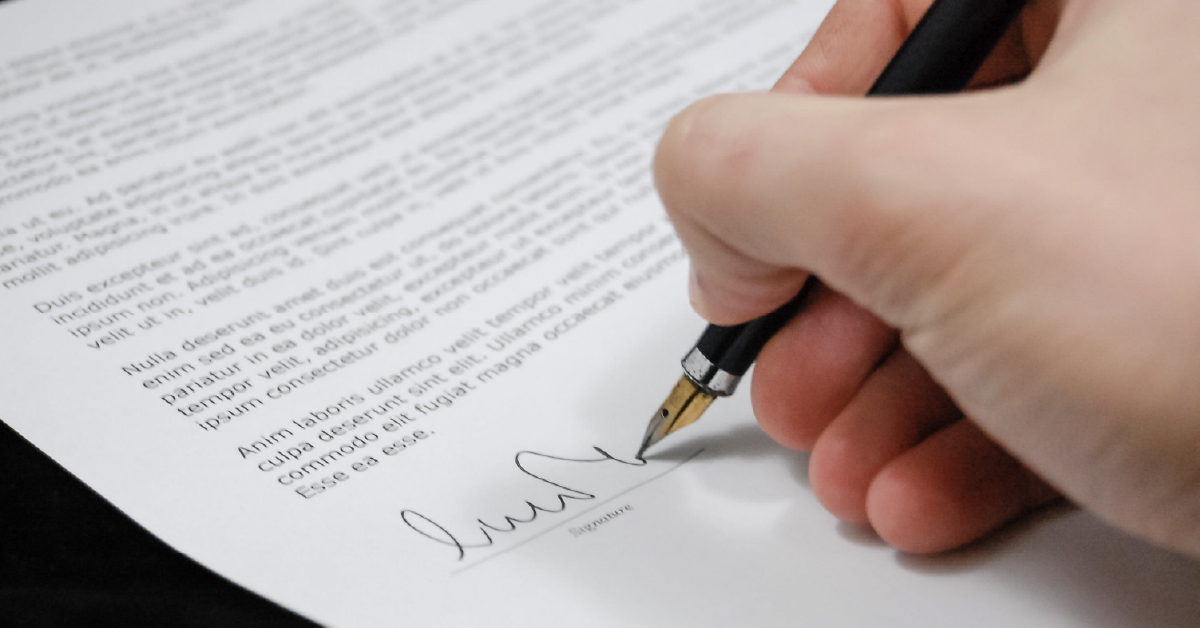Thinking About A Business Loan? Here's What You Need to Know About Personal Guarantees
If you have ever applied for a business loan (or are thinking about i), you’ve probably come across the term “personal guarantee” in the fine print. But what does it actually mean for you?
- Do all business loans require a personal guarantee?
- Why do lenders ask for it?
- Are there any unsecured business loans that do not require one?
This guide will break it down, including the types of personal guarantees in Singapore and their legal implications.

What Is a Personal Guarantee?
A personal guarantee is a legal commitment by an individual (the guarantor) to repay a loan if the business cannot. It acts as a safeguard for lenders, ensuring they can recover funds even if the business struggles financially.
Personal guarantees are usually documented separately or included in the loan agreement itself.
Why Do Lenders Require Personal Guarantees?
Lenders use personal guarantees as an added layer of security, especially for unsecured business loans (a.k.a. loans without collateral). Since SMEs often lack a long credit history, lenders rely on the individual credit scores of business owners or directors to assess risk.
In Singapore, individuals have a credit score from the Credit Bureau Singapore (CBS), which lenders can use to evaluate the likelihood of loan repayment. Having a guarantor with strong credit profiles makes it easier to secure financing.
Who Can Be a Guarantor for a Business Loan?
To act as a personal guarantor for a business loan in Singapore, you typically need to:
- Be a stakeholder of the business
- Be at least 21 years old
- Be a Singaporean or Permanent Resident
- Have a good credit history and stable income
- Have no outstanding litigation or bankruptcy cases
A guarantor takes on full responsibility for the loan if the business defaults – so it is a serious commitment.

Types Of Personal Guarantees In Singapore
Limited Personal Guarantee
Limits the guarantor’s liability to a specific amount of percentage of the loan. If multiple guarantors are involved, liability may be:
- Severally: Each guarantor is responsible for a set portion of the loan.
- Jointly and Severally: Any guarantor can be held responsible for the full amount if others can’t make repayment.
Unlimited Personal Guarantee
The guarantor is fully liable for repayment the entire loan if the business defaults.
Legal Risks Of Being A Personal Guarantor
Being a guarantor is a big deal. If the business can’t repay the loan, you will have to cover it with your personal savings, assets, or even your home (depending on the terms). The lender may also sue you to recover the money.
Before signing a personal guarantee, consider:
- Your financial position – Are you adequately prepared to cover the loan if needed?
- The business’s stability – Is the company financially sound?
- Legal consequences – If the loan isn’t repaid, the lender can take legal action against you, affecting your personal assets.
Signing a personal guarantee is a serious financial responsibility, so weigh your risks carefully.
Looking for a Business Loan Without the Hassle?
At Poss Capital, we understand the challenges business owners face. While most lenders require a personal guarantee, we make borrowing simple with:
✅ Fast approvals
✅ No early repayment penalties
✅ Hassle-free application process
Secure up to $100,000 Quik loan with Poss today! Let us help you grow your business – without the stress.